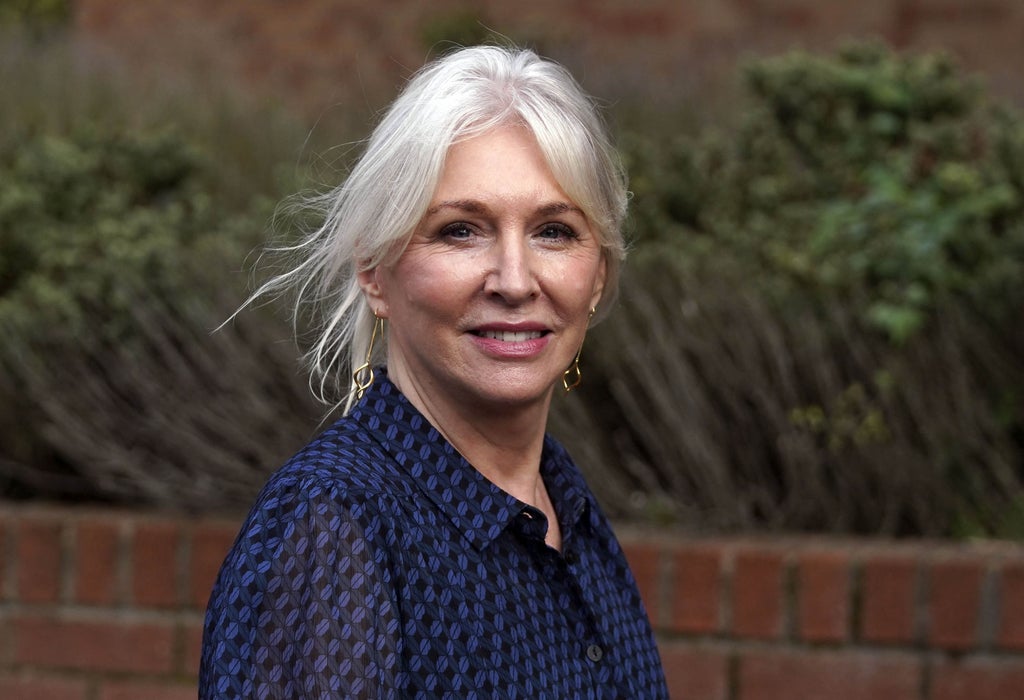
The updated Online Safety Bill will make the UK “the safest place in the world for our children to go online” while also protecting free speech, the Culture Secretary said ahead of the publication of the revamped Bill.
Set to be published and presented to Parliament on Thursday, Nadine Dorries said the draft laws for online safety are now “world-leading” following the addition of new measures after a period of scrutiny by the Government, MPs and peers.
Two separate reports from parliamentary committees – as well as a number of online safety campaigners – had called for major changes to be made to the draft Bill to strengthen it and better protect internet users, particularly children.
It is world-beating. It is world-leading. The rest of the world is watching to see what we do and we will be the first people ever to bring in regulations and legislations which will achieve that and hold those who run these online platforms criminally liable and impose fines if they don’t agree to the legislation that we pass
Speaking to ITV’s This Morning, Ms Dorries told hosts Phillip Schofield and Josie Gibson: “This has been a work in progress for five years and, when I arrived in the department, I realised the Bill in the form that it was in just wouldn’t achieve the aim and objectives. It just wasn’t fit.
“So we’ve been working day and night for six months to get the Bill into a place where it would actually make the internet the safest place in the world for our children in this country to go online.
“It is world-beating. It is world-leading. The rest of the world is watching to see what we do and we will be the first people ever to bring in regulations and legislations which will achieve that and hold those who run these online platforms criminally liable and impose fines if they don’t agree to the legislation that we pass.”
The overall aim of the Bill is to require online platforms – where users interact with one another – to conform to a duty of care to their users and remove content that is illegal or considered harmful under the new rules, with large fines and the prospect of sites being blocked among the potential penalties.
The Government has already confirmed a number of the changes being made to the Bill, including bringing scam advertising into scope, requiring sites that host pornographic material to verify the age of their users and clamping down on anonymous accounts.
Ms Dorries previously said criminal liability for named managers at internet companies – as an additional punishment for failing to protect users – would be introduced more swiftly than the first draft suggested.
She said algorithms which help decide what sort of content to show users based on their online habits would also come under more scrutiny.
“It’s the algorithms that cause the harm, so this Bill will compel those platforms to expose those algorithms to our regulator so they can pick up where the harm is happening and hold those platforms to account,” she told This Morning.
Asked about concerns over free speech under the new rules, Ms Dorries said journalistic content would be protected “providing it’s legal”.
“And if those platforms remove something – they have to notify that journalist that they are about to remove that content, they have to say why, and they give the journalist the right to appeal – and the content remains online while that happens, so they have a process now,” she said.







